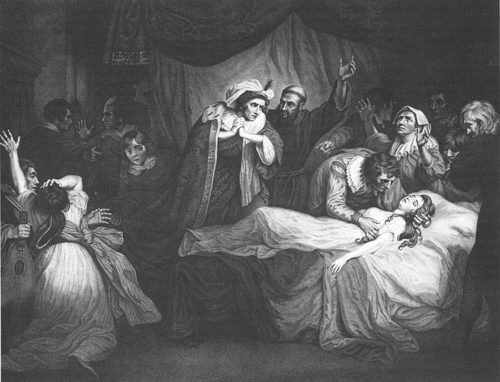Dead and Gone

We’ve been pondering on an important subject.
In 21st century Britain, many of us may not have seen or spent time with the body of someone who has died. We may not have witnessed the profound absence of person in the familiar features of a corpse, nor experienced the thoughts and emotions of being in the presence of a dead person.
Death has become increasingly separated from our busy lives, most frequently occurring in hospitals or hospices, rather than at home surrounded by a family keeping vigil.
Most dying people are thus set apart from the rest of us, and once death has occurred, their bodies are usually collected by a funeral director, who keeps them in their custody until the date of the funeral. Our dead no longer stay among us.
Spending time with our dead has become something that needs to be arranged by appointment, usually in the unfamiliar surroundings of a ‘chapel of rest’ at an undertaker’s premises.
In addition, in recent years, the incidence of ‘no funeral’ funerals has risen, with a large increase in the number of direct cremations. Often this means that the body of the person is not encountered again at all, not even in a closed coffin.
We’ve decided that we would like to learn about this separation between the living and the dead. We think there’s something significant happening and, as far as we know, nobody is examining it.
If you could let us know about your own experience, this will help us begin to compile a picture of where our relationship with our dead is in 2018.
We have compiled a short, anonymous survey that takes just a few minutes to complete – the link to it is here: https://www.surveymonkey.co.uk/r/OurDead
We’ll publish the findings here on the GFG website.
Depending on what we discover, the results even encourage more scholarly academic types to instigate some formal research into the changing shape of connection with our dead.
Thank you in advance
Team GFG
Via Funeral http://www.rssmix.com/
Comments
Post a Comment